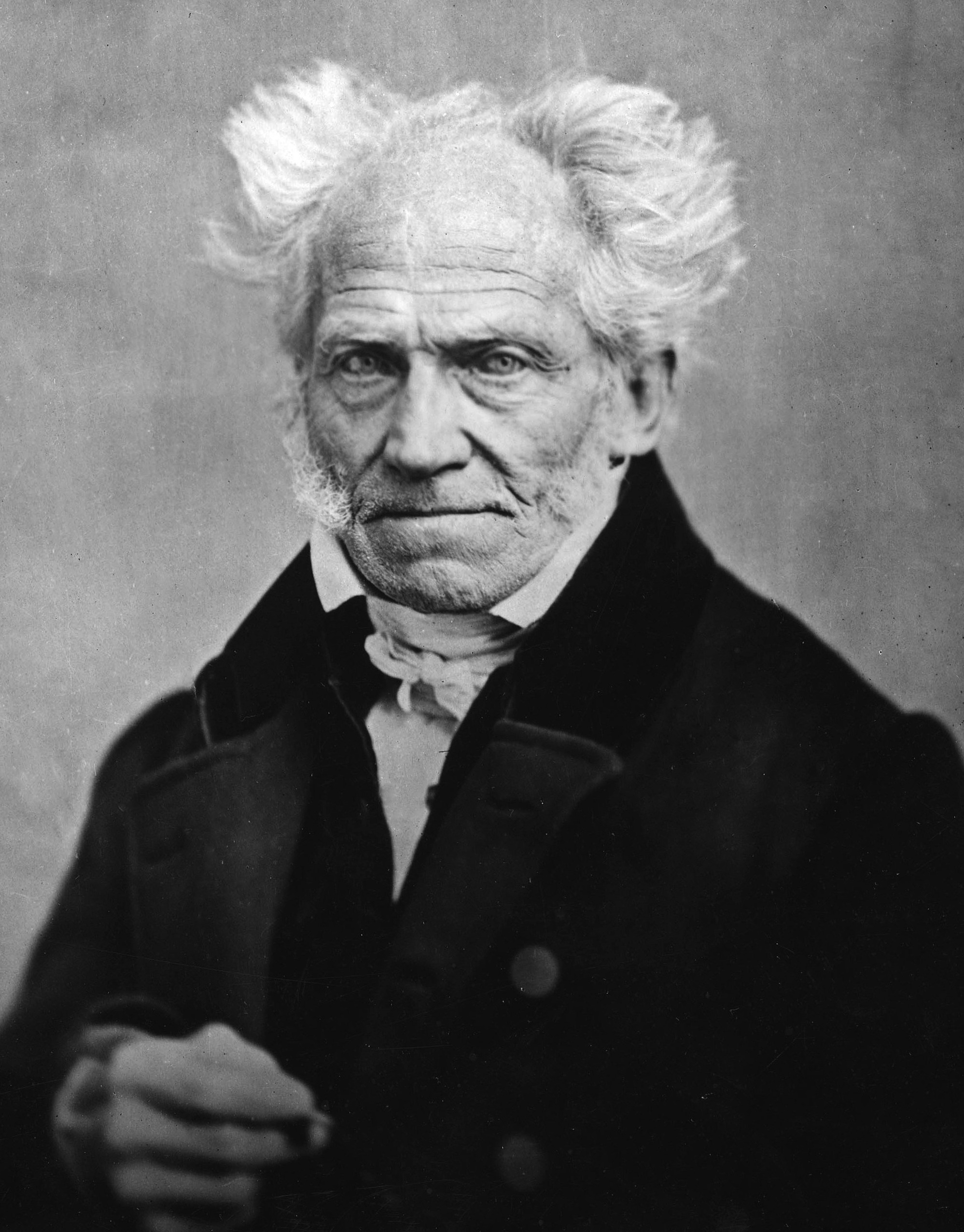Philosophy 101
- Introduction to Philosophy
- Ancient Greek Philosophy
- Renaissance and Enlightenment Philosophy
- Modern Philosophy
- American Philosophy
- Existentialism and Phenomenology
- Analytic Philosophy
- Contemporary and Postmodern Philosophy
- Eastern Philosophy
- Philosophy of Religion
- Philosophy of Science
Modern Philosophy
Nineteenth-Century Philosophy: Schopenhauer, Nietzsche, Kierkegaard, and Marx

German philosopher (1788–1860).
The nineteenth century was a period of significant philosophical development. This unit will explore the contributions of four key philosophers of this era: Arthur Schopenhauer, Friedrich Nietzsche, Søren Kierkegaard, and Karl Marx.
Arthur Schopenhauer
Arthur Schopenhauer was a German philosopher known for his pessimistic philosophy. He built upon the transcendental idealism of Immanuel Kant, and his most significant work, "The World as Will and Representation", argues that the world is fundamentally irrational. Schopenhauer's philosophy had a profound influence on a range of thinkers, from Friedrich Nietzsche to Albert Einstein.
Friedrich Nietzsche
Friedrich Nietzsche, another German philosopher, is one of the most influential thinkers of the modern era. Nietzsche's philosophy is complex and multifaceted, but he is perhaps best known for his critiques of traditional morality, his proclamation of the "death of God", and his concept of the "will to power". Nietzsche's work has had a lasting impact on a wide range of fields, including philosophy, literature, psychology, and political theory.
Søren Kierkegaard
Søren Kierkegaard, a Danish philosopher, is often considered the father of existentialism. Kierkegaard's philosophy focuses on individual existence, freedom, and choice. He emphasized the importance of personal responsibility and the subjective experience of being a human. Kierkegaard's work has had a profound influence on a range of thinkers, from Jean-Paul Sartre to Martin Heidegger.
Karl Marx
Karl Marx, a German philosopher, economist, and political theorist, is one of the most influential figures in human history. Marx's work, which includes "The Communist Manifesto" and "Capital", critiques capitalism and proposes a revolutionary form of socio-economic organization: communism. Marx's ideas have had a profound impact on global politics and have shaped the course of history in the 20th century.
In conclusion, the nineteenth century was a period of profound philosophical development. The ideas of Schopenhauer, Nietzsche, Kierkegaard, and Marx continue to shape our understanding of the world and our place in it.